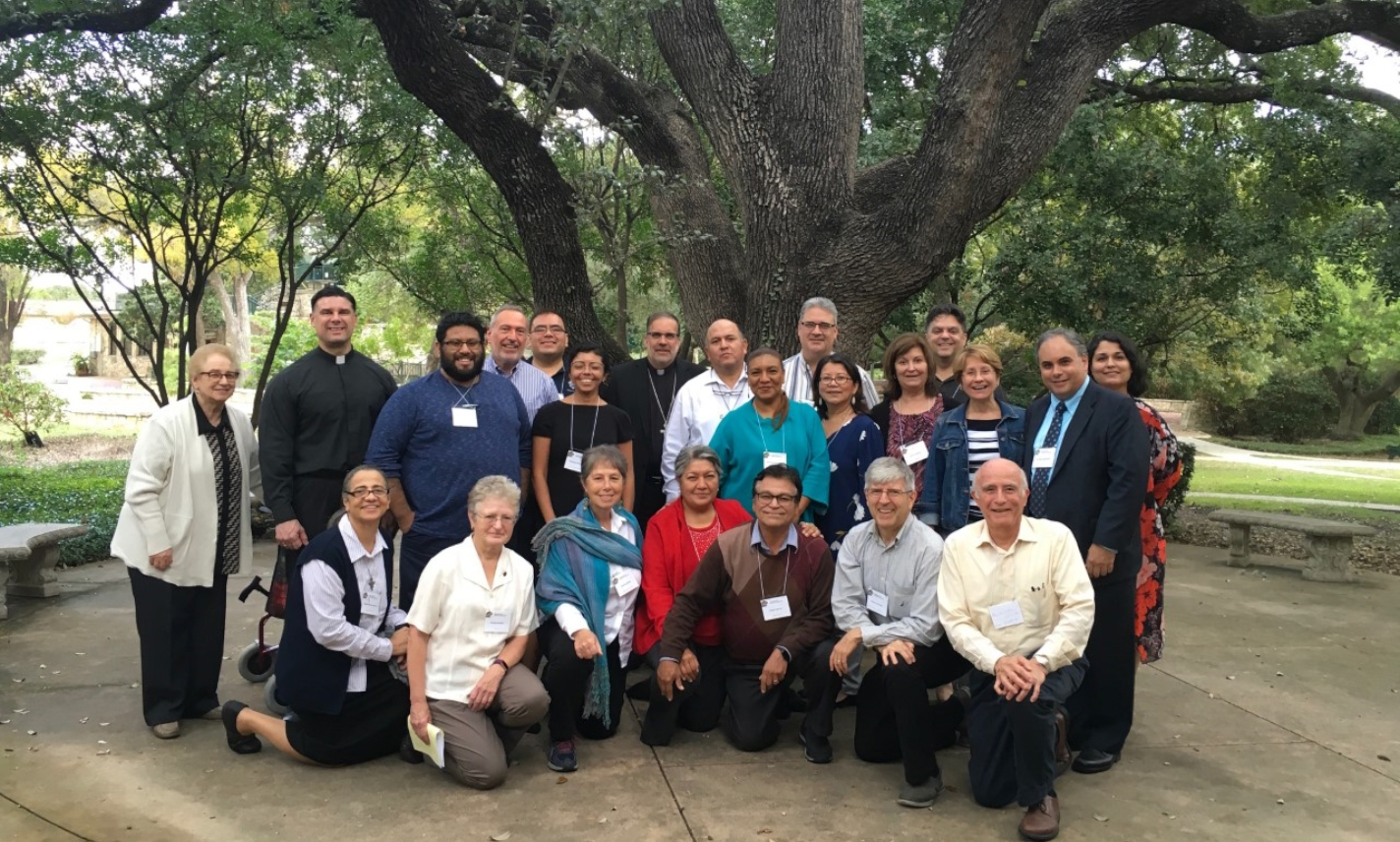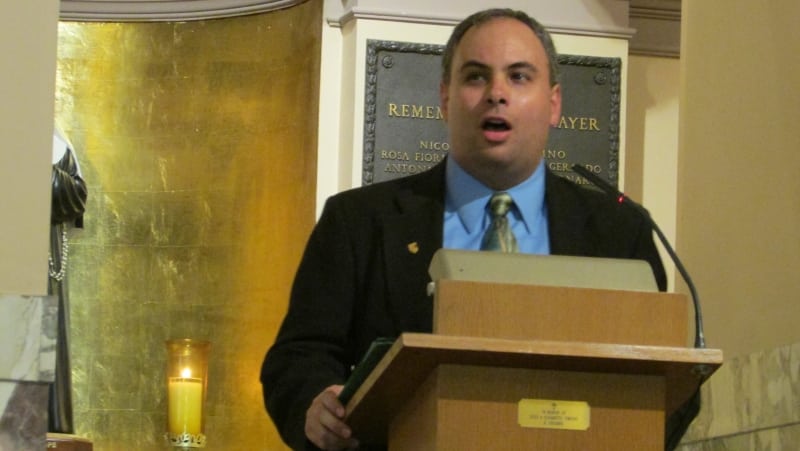A dissertation submitted to the School of Theology and Religious Studies of the Catholic University of America in partial fulfillment of the requirements for the degree Doctor of Philosophy.
Director: Msgr. Paul McPartlan, D. Phil.
Abstract:
Communion, communication, and conflict are interrelated realities of great importance for the life and mission of the church. These realities themselves and the relationships between them are in need of theological refinement and assessment, because conflict necessarily affects the church’s ability to communicate the message of salvation, and to experience communion.
Within a North American and Roman Catholic context, Canadian theologian Gregory Baum (b.1923) and U.S. theologian Patrick Granfield (1930-2014) present ways of perceiving the relationships between these three realities. Through an analysis of the salient dimensions of their respective theologies, this dissertation explores their respective understandings of the church, and identifies ways in which their approaches complement each other, with particular attention paid to the themes of communion, communication and conflict.
Baum reflected on these three realities with respect to the church’s life and mission to the world, articulating an ecclesial spirituality. Granfield did so primarily with respect to the church’s institutional life. Considering their works together offers a means to deepen the church’s experience of the mystery of communion via a renewed approach to its communication of the divine promise, while acknowledging conflict as a force which need not be destructive, but which can be harnessed for creative growth.
The works of both men show that the implementation of an ecclesiology of communion in the church today requires an awareness that communion is more than simply a theological notion of union with God, that communication in the church is more than speech alone, and that conflict in the church need not be divisive or destructive. Rather, communion in the church must always be concretely expressed in order to be experienced, communication is the sharing of the whole person, and conflict can be attended to in a way which strengthens communion and does not undermine it. By their attention to these three realities in the church, both Baum and Granfield have provided important reflections, not only on how the church lives and functions, but on how it can remain faithful to its divine calling and mission in a continually challenging and complex era.
A copy of my dissertation is available via the digital dissertation archives of The Catholic University of America.


 Request Dr. DelMonico's professional services for a liturgical, ministerial or leadership consultation, or for an academic or public presentation.
Request Dr. DelMonico's professional services for a liturgical, ministerial or leadership consultation, or for an academic or public presentation.